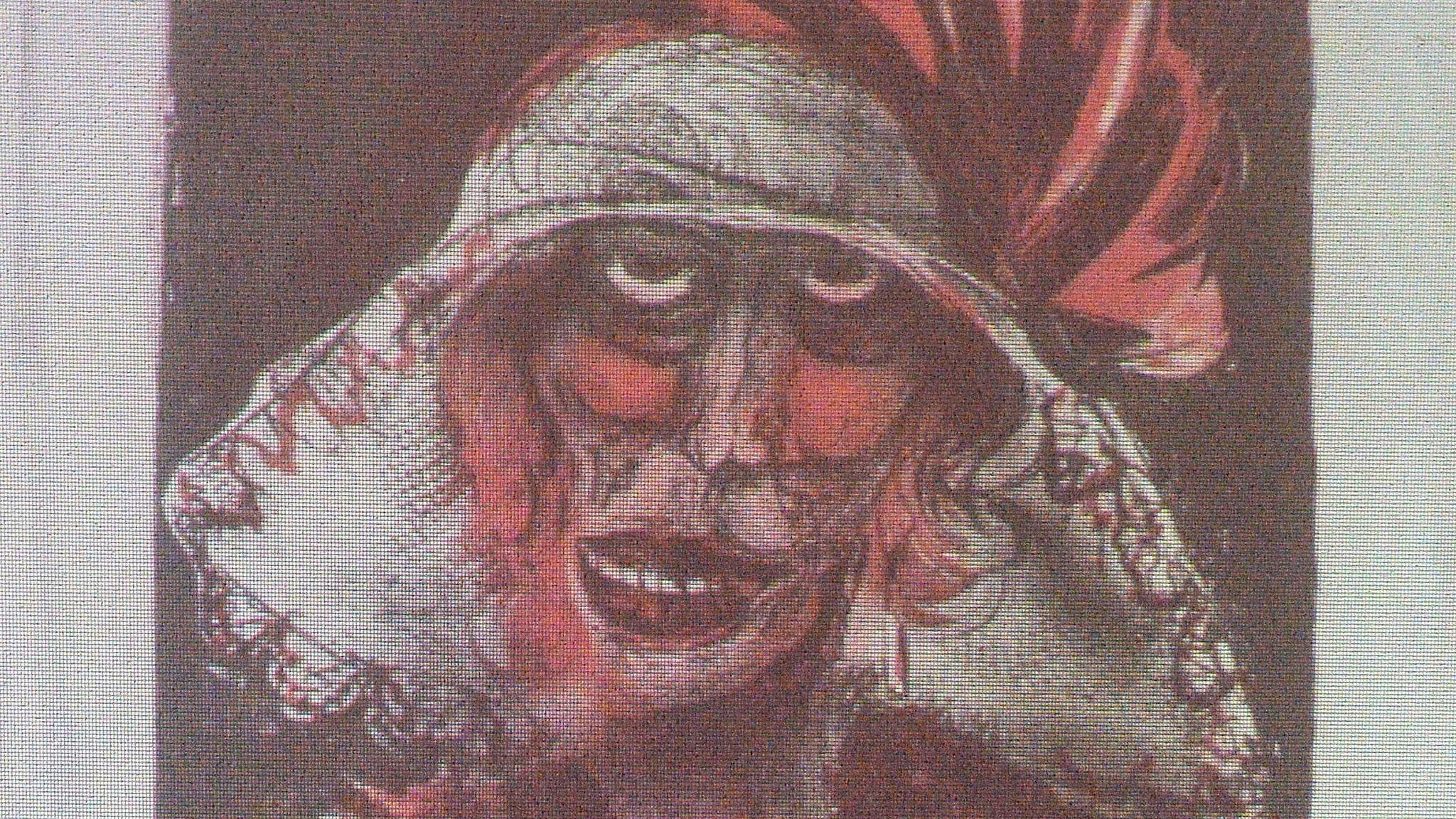Swiss museum to accept Gurlitt 'Nazi art'
- Published
The art includes the Max Liebermann painting Zwei Reiter am Strande
Switzerland's Bern Art Museum has agreed to accept hundreds of artworks bequeathed by German Nazi-era art hoarder Cornelius Gurlitt.
But a museum spokesman said pieces looted by the Nazis in World War Two would not be permitted in the museum.
Mr Gurlitt, the son of Adolf Hitler's art dealer, had for years hidden works by artists including Picasso and Monet.
Around 500 works are expected to remain in Germany until their rightful owners can be identified.
Three pieces - by Max Liebermann, Henri Matisse and Carl Spitzweg - will be returned immediately, German officials say.
But it is unclear how reassured other families who had their paintings looted by the Nazis will feel about Monday's announcement, says BBC News arts editor Will Gompertz.
Neither Germany nor Switzerland has a particularly glowing track record in the field of returning looted art, our correspondent adds.
'Historic burden'
The Bavarian authorities seized some 1,280 artworks from Mr Gurlitt's Munich flat as part of a tax evasion probe in February 2012.
The find, which was not made public until November last year, has triggered legal disputes surrounding works taken illegally by the Nazis.
Mr Gurlitt died in May aged 81 having named the Bern museum as his "sole heir".
The BBC's Stephen Evans was granted exclusive access to look at some of the long-lost masterpieces in 2014
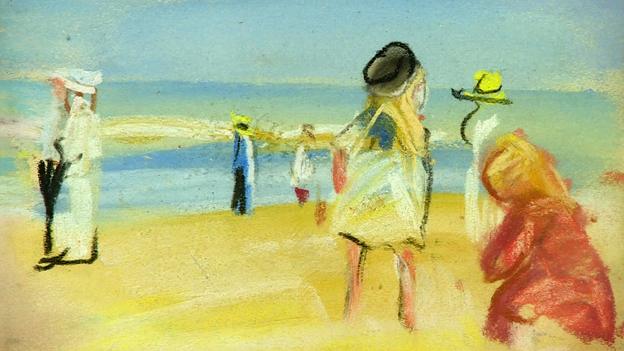
A beach scene by German impressionist Max Liebermann
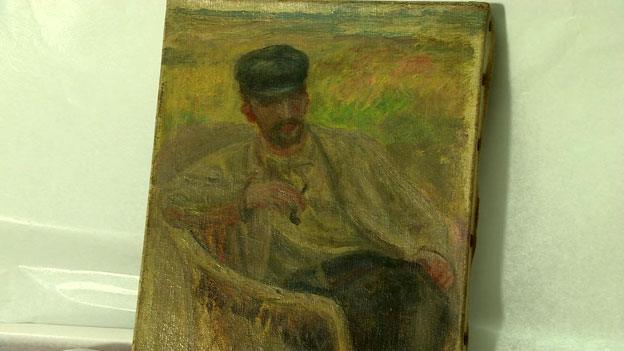
Pierre-Auguste Renoir - Man seated
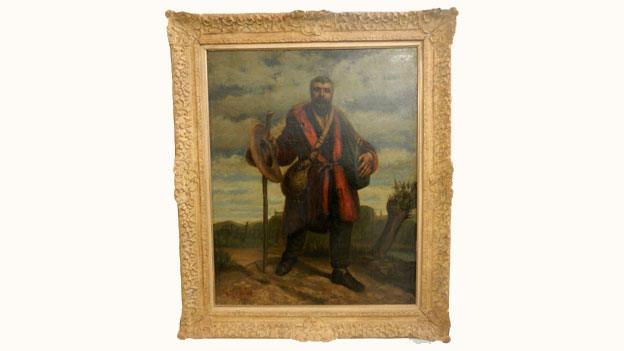
Jean Desire Gustave Courbet - Full standing figure of a man
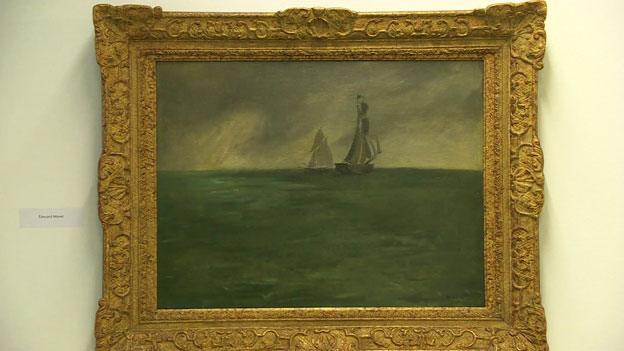
Edouard Manet - Seascape with two sailing boats
Christoph Schaeublin, president of board of trustees of the Bern Art Museum, told a news conference in Berlin on Monday that the museum would accept the bequest.
But "no work suspected of being looted" would enter the museum, he said.
The museum pledged to work with German authorities to ensure that "all looted art in the collection is returned" to its rightful owners.

A canny compromise - by Damien McGuinness, BBC News, Berlin
What to do about this billion-euro art collection has plagued Germany ever since news broke about the secret hoard a year ago. And the announcement whether Bern Art Museum would take on what is being seen as a "poisoned chalice" was a moment of high drama.
"It was the most difficult decision of my professional life," the museum's president, Christoph Schaeublin told me.
By taking in the whole collection, the museum could have laid itself open to years of expensive legal battles over ownership, or been tarnished with the accusation of profiting from the Nazis' crimes. That is why a canny compromise has been made - the German state will now store the hundreds of paintings thought to have been looted, and track down the rightful owners.
The descendants of the original owners now hope they are a step closer to getting what is rightfully theirs.

"The foundation council's decision was anything but easy and there certainly weren't emotions of triumph," said Mr Schaeublin.
"These would be entirely inappropriate considering the historic burden weighing heavily on this art collection."
Mr Gurlitt's father, Hildebrand Gurlitt, was ordered to deal in works that had been seized from Jews, or that the Nazis had considered "degenerate" and removed from German museums.
The hoard is estimated to be worth up to a billion euros (£850m; $1.35bn) and includes works by Pierre-Auguste Renoir, Pablo Picasso and Marc Chagall, Emil Nolde.

Artworks going home
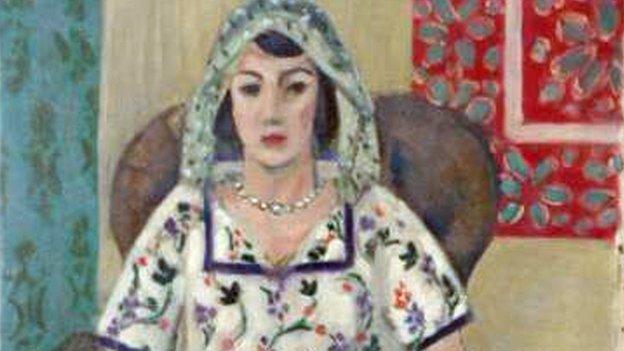
Matisse's Femme Assise [Seated Woman] was in the Munich apartment of Cornelius Gurlitt
Henri Matisse's Femme Assise [Seated Woman] was looted from Jewish art dealer Paul Rosenberg and is set to be returned to his descendants, who had been looking for the piece when Mr Gurlitt's hoard was discovered
Max Liebermann's Two Riders on the Beach is said to have been seized from industrialist and avid art collector David Friedmann "as a consequence of the Nazi persecution of Jewish citizens". His great-nephew, David Toren, had taken legal action against Germany for its restitution
Carl Spitzweg's Playing the Piano is to be returned to the heirs of music publisher Henri Hinrichsen, who was murdered at Auschwitz in 1942

A German task force is investigating the art amid claims from descendants of the original owners, including the family of art dealer Paul Rosenberg.
Christopher A Marinello, who is representing the Rosenbergs in their efforts to recover Matisse's Femme Assise [Seated Woman], said on Monday the family were "grateful" to the museum.
"We hope now for the expeditious return of all looted works in the Gurlitt bequest to their rightful owners," he said in a statement.
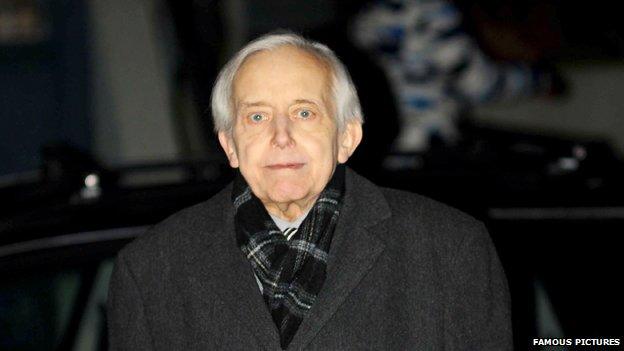
Cornelius Gurlitt had agreed to help authorities discover which works had been stolen
Cornelius Gurlitt initially refused to give up the paintings but then changed his position, agreeing to co-operate with the German authorities on establishing the paintings' provenance, and then return them if they were shown to be stolen.
One of his cousins, 86-year-old Uta Werner, said on Friday she was contesting his fitness of mind when he wrote the will naming the Bern museum as his sole heir.
However German media quoted her brother, Dietrich Gurlitt, saying he would not object to the will.
The family has stressed its commitment to returning any looted art and a transparent effort to clarify the origins of the artworks.
- Published5 November 2013
- Published7 May 2014

- Published26 March 2014
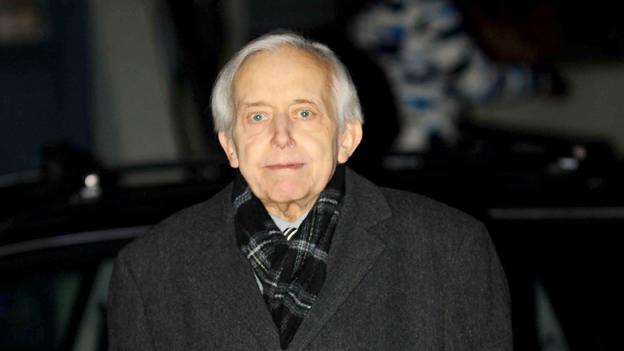
- Published12 June 2014
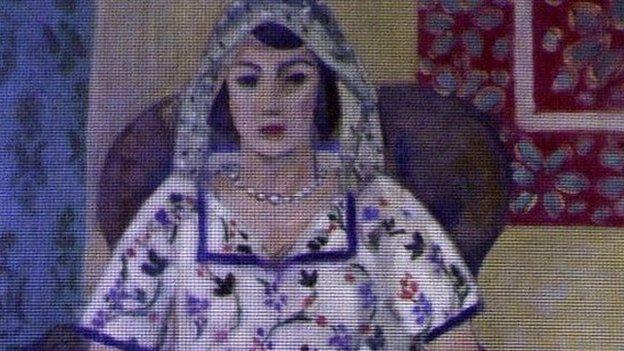
- Published24 November 2014
